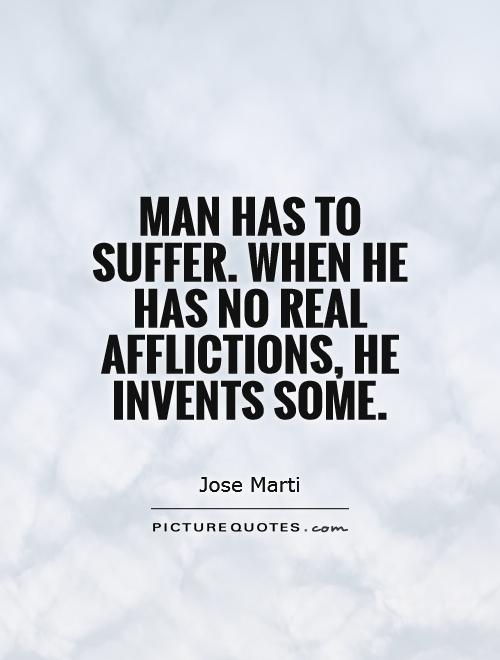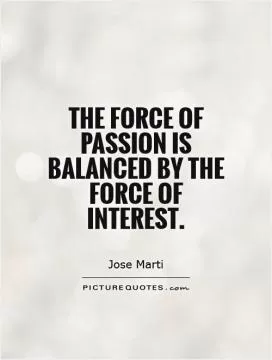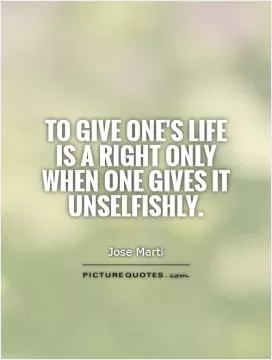Man has to suffer. When he has no real afflictions, he invents some

Man has to suffer. When he has no real afflictions, he invents some
José Martí, a Cuban poet, writer, and revolutionary, understood the complexities of human suffering and the ways in which individuals often create their own afflictions. His words, "Man has to suffer. When he has no real afflictions, he invents some," speak to the inherent nature of human beings to seek out challenges and struggles, even when they are not present in their lives.Martí believed that suffering was a necessary part of the human experience, a way in which individuals could grow and develop a deeper understanding of themselves and the world around them. He saw suffering as a catalyst for change, a force that could push individuals to strive for something greater and to overcome obstacles that stood in their way.
However, Martí also recognized that humans have a tendency to create their own suffering, even when they are not facing real afflictions. This could manifest in the form of self-imposed limitations, negative thought patterns, or a refusal to accept the reality of a situation. Inventing afflictions can be a way for individuals to feel a sense of control over their lives, to give meaning to their experiences, or to avoid facing difficult truths.












 Friendship Quotes
Friendship Quotes Love Quotes
Love Quotes Life Quotes
Life Quotes Funny Quotes
Funny Quotes Motivational Quotes
Motivational Quotes Inspirational Quotes
Inspirational Quotes